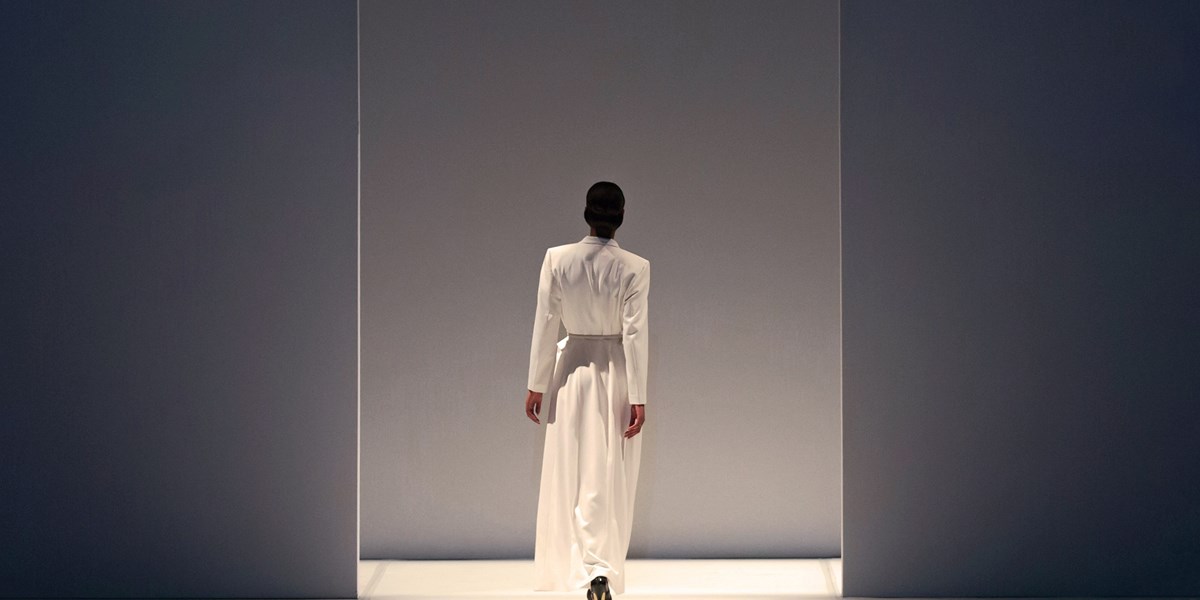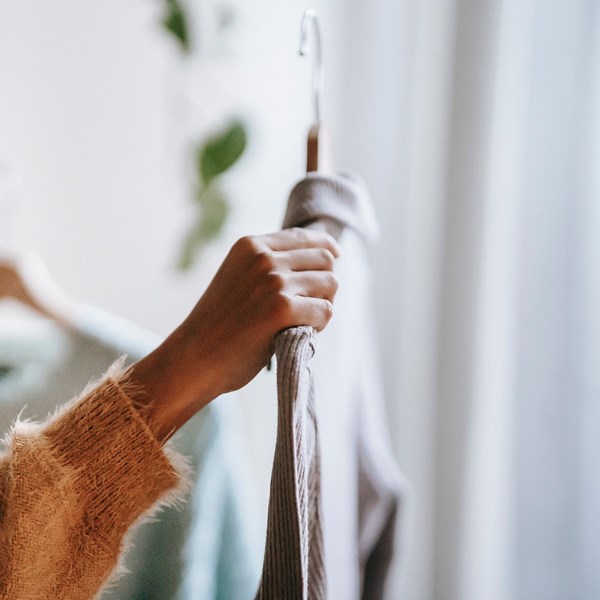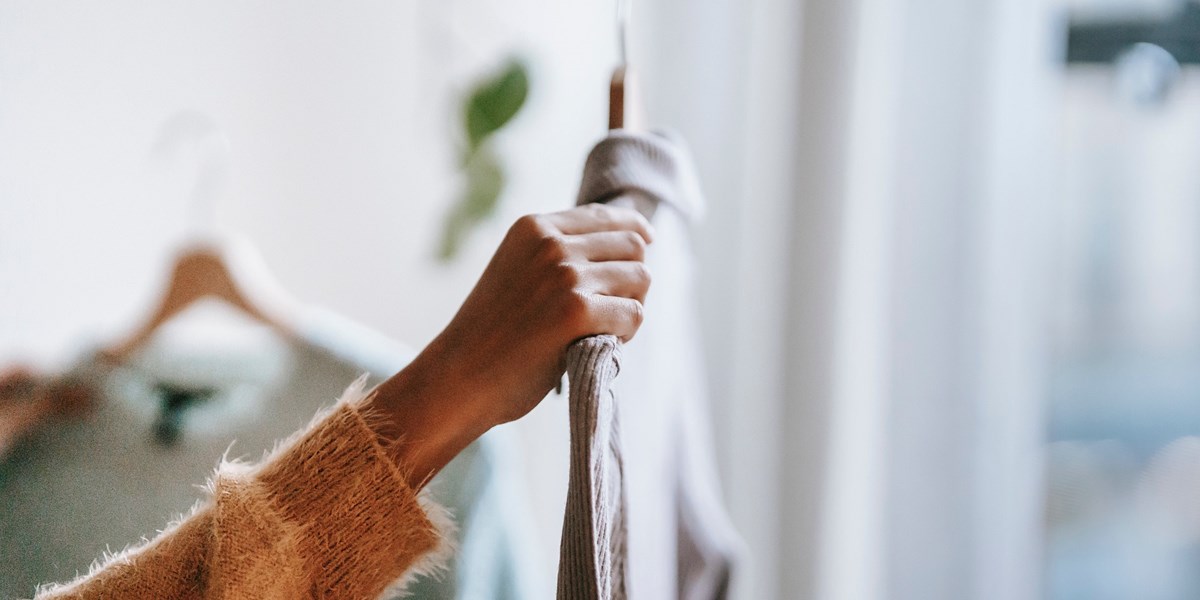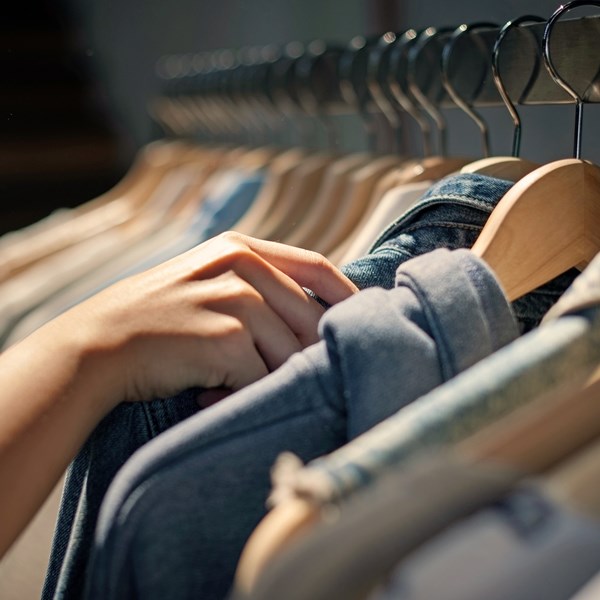Early on the morning of Thursday 1 February TikTok started to remove the back catalogues of Universal Music Group (UMG) artists from the platform.
TikTok and UMG failed to reach a new licensing agreement after the previous agreement expired on January 31. This will likely have a significant impact on the social media platform given that UMG represents many of the world’s most popular artists including Taylor Swift, Drake, Justin Bieber, Olivia Rodrigo, and Arianna Grande.
It is a move that TikTok has called “disappointing”, but it is, arguably, not a great surprise.
On Tuesday reports surfaced that UMG were unhappy with the terms available, even accusing the platform of attempting to bully them into a “bad deal”. In their opinion, the agreement TikTok put forward would not provide adequate remuneration for the artists or protect them from the potential of “hate speech, bigotry, bullying and harassment” from users.
More pointedly, UMG was extremely concerned their artists would not be afforded effective protections against AI-generated music.
UMG listed their concerns in an open letter addressed to artists and songwriters in which they said they had been pressing TikTok on the three issues listed above and came to the conclusion that as these protections were not going to be put in place, they could afford to walk away as TikTok only paid artists a fraction of the rate other platforms do and that, as a result, TikTok accounted for a little under 1% of their total revenue.
In response, TikTok issued a statement stating UMG’s decision would see them lose the “powerful support of a platform with well over a billion users” before accusing the music giant of putting their “own greed above the interests of their artists and songwriters.”
From yesterday, any UMG-owned music featured in TikTok videos will be muted and users will have to use alternatives from other music labels.
Whether or not this is a permanent state of affairs is yet to be seen. Former president of UMG-owned Virgin EMI Records, Ted Cockle, said he felt it was “a wonderful, theatrical stand-off between two very major corporations wanting to assert their authority”. Mr Cockle feels an agreement will eventually be reached given just how important each party is to the other.
This is not the first time social media and other online platforms have fallen foul of the music industry. In 2008, Warner Music Group removed its music from YouTube following a row over payment rates. Warner however agreed to return their music a few months later after a new deal was struck. Multiple artists, including Radiohead and Taylor Swift, have famously pulled their music from Spotify at various times - Radiohead’s Thom Yorke showed off his lyrical prowess when, in 2013, he called the platform “the last desperate fart of a dying corpse”.
WHAT THREAT DOES AI-GENERATED MUSIC POST TO AN ARTIST?
The rise of generative AI is having an increasing impact on the music industry, and the opinion of the industry on the technology is quickly diverging. AI is being used to automate songwriting, producing beats, and even totally reproducing some artists’ vocals. This could ultimately cost songwriters and artists their jobs and even, some fear, take away the need for having artists at all although soundings from consumers suggest this certainly won’t be the case.
UMG’s concern likely relates to the risk of more and more TikTok users relying on AI-generated music, reducing royalties to human artists. We have seen actors striking in Hollywood to obtain assurances about the restriction of the use of AI in film and TV; might we see something similar in the music industry?
There are, of course, broader concerns at play as well. Numerous creators (whether musicians, photographers, artists, authors, or otherwise) are concerned about being devalued or even replaced by generative AI offerings which, creators argue, have been trained on their own works. AI commentator and expert Gary Marcus has referred to 2024 as the year of AI litigation and, with disputes already on foot in the US, UK, and elsewhere, and more and more conflicts arising, this could well be prescient.
If you would like to find out more about the legal issues surrounding AI, please visit Potter Clarkson’s AI hub. If you have any questions regarding copyright, please contact Mark Nichols.






